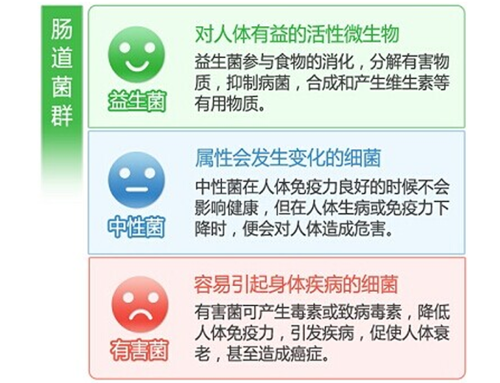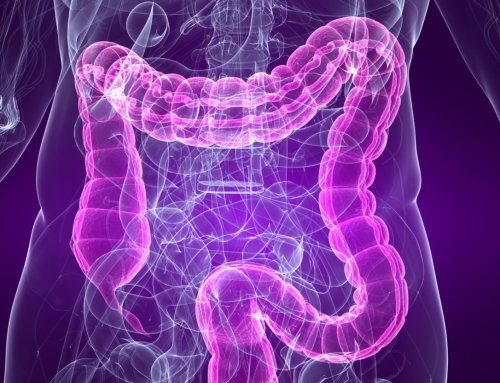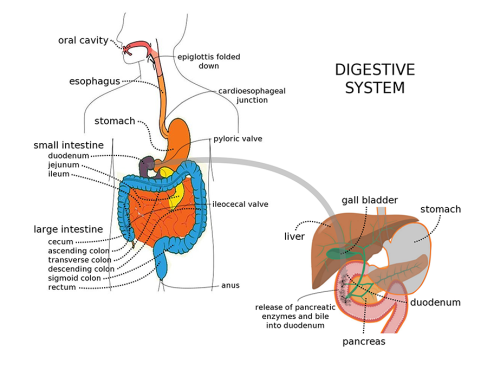Many people do not know much about dietary fiber, and often misunderstand dietary fiber. Many people linked fiber with any rough fibers or something thin and ne, common example is the meat fibers and cotton fibers. However, dietary fiber refers by medical personnel generally refers to a dietary fiber or plant fiber.
Dietary fiber was originally defined as edible plants which are not easily digested by human, and now, the fiber has included lignin, polysaccharides, inulin, resistant starch and oligosaccharides, so the word of fiber itself can be confusing.

However, mostly believed that dietary fiber is necessary in our diet, act as a healthy food source, and also as the treatment and prevention for intestinal and various diseases.
Dietary fiber known as bulking agents or coarse grains has two main components. First component is soluble fiber, soluble fiber fermented in the colon and produce gas in the colon; second component is insoluble fibers which move and discharged through the digestive system.

Only indigestible substances will pass out as feces
Digestive system is designed for the intake and absorption of food nutrients and passes out the indigestible food and other waste from the body. Therefore, digestion is a process of break down food and absorption of nutrients and energy.
Digestion process is not understood by public, they thought that digestion is bowel movement.In fact, feces are the material which is unable to digest. Most digestible substances will be absorbed and used.
As a matter of fact, only indigestible material will be passing out, this procedure was more appropriate to classify as indigestion. The bowel movement of a functioning colon will not improved by just taking more fiber, but it will cause accumulated feces due to unable to digest the fiber. Appropriate fiber intake can promote intestinal health if there is illness, but high fiber intake increased feces and affect colon health.

However, doctors are still recommending fiber as a treatment of constipation. This is illogical action. This will increase the burden of the colon; make it difficult to pass out. In addition, a larger, more feces, difficult to pass out, and certainly more likely to cause hemorrhoids (piles), bleeding, and constipation and even lead to more serious problems. The feces of constipation person are relatively large and heavy and can block the anus, thus leading to constipation.
Fibers can lead to large and heavy feces cannot be pass out
Add dietary fiber or pharmica fiber into our diet will increase feces volume and weight, which will make constipation worse but not improve. More fiber means more stool, so they need t owork harder to pass out. Some peoples said that they have constipation problems because they do not take dietary fiber, but in fact is a vicious circle.
Fiber causes large and heavy feces cannot be pass out until the next meal with a lot of fiber helps discharged the previous feces. Then, they will be taking more fiber in order to pass out the accumulated feces, resulting in a vicious cycle relies on dietary fiber. Therefore, the only prevention and treatment of most of the constipation problems is not to consume more fiber, but control dietary fiber intake, or at least significantly reduced.

Drinking excess water is not conducive to help in bowel movement
Reduce the intake of dietary fiber, the stool volume and size will decrease, the body will be easier to pass out the smaller and softer feces. Many doctors also mistakenly advise patients to drink more water.
However, we forget that we have one pair of kidneys; the excess water will be discharged. Therefore, drinking more water does not increase the moisture of feces but make us urine more often. Be sure to remember that if there is an increase in dietary fiber intake, you need to increase water intake, otherwise bulky waste will becomes hard when water is insufficient.
Improvement in sugar level is not because of dietary fiber, but is the intake of carbohydrate reduced, increase in physical activity and result of weight loss. In fact, eating less and exercise more is a better way to lose weight as compared to eat more fiber. This method is also applicable to high lipid profile, high cholesterol and coronary heart disease. Most of these diseases are genetic disorder, the doctor will advise the patient take medication regularly in order to effectively control the disease, rather than depends on eating fiber, and then expect the condition will improve.

No conclusive evidence that fiber can prevent cancer
Eat less oily or fatty foods will help to reduce the intake of these substances, but the intake of fiber does not directly reduce blood cholesterol or lipids. Of course, the energy provided by the fiber is much lower than sugar or starch, because they cannot be digested and completely absorbed by the body.
Our human body does not have a special enzyme to digest fiber; therefore insoluble fiber cannot break down completely and provide no calories during digestion. Soluble fiber may fermented by the intestinal bacteria, while providing calories equal to other digestiblecarbohydrate. Why take fiber rather than reducing carbohydrate intake?
There is no conclusive evidence that fiber can prevent cancer. As for satiety, fiber intake in fact will increase appetite, because the fibers will expand the stomach volume, increasing the ability of the stomach to accept more food. This means that people, who consume a lot of fiber, there will often need to eat more for satiety. After eat high-fiber foods for some time, the effect tend to rebound. In order to control the appetite better, it is wise to choose low calorie foods than high fiber food.
Therefore, dietary fiber is not a cure for digestive problems, and may actually be the cause for these problems.






